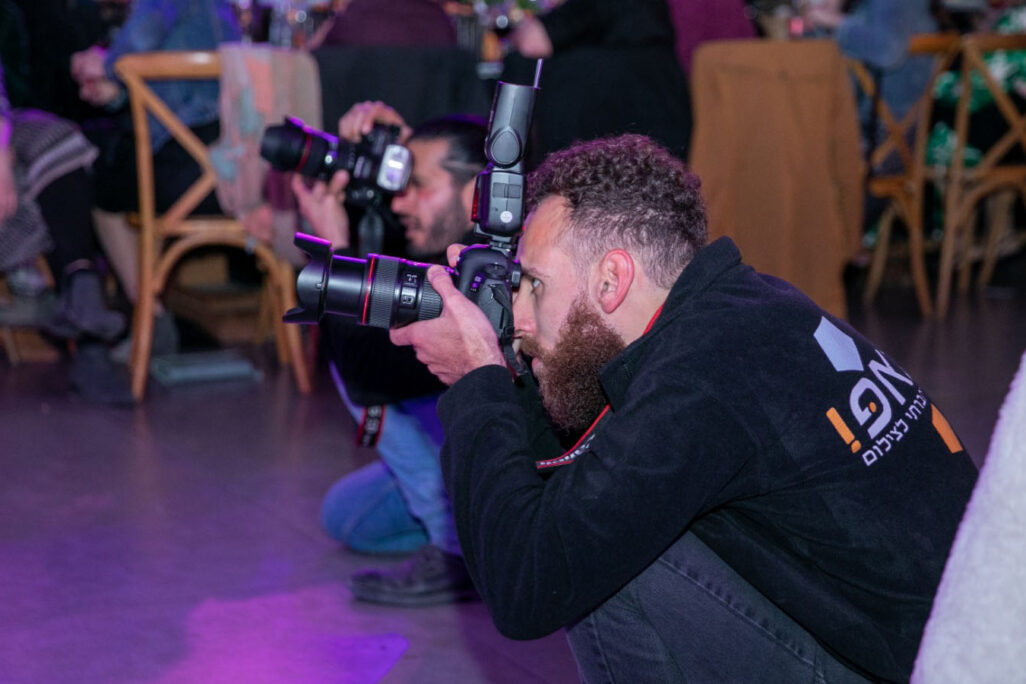
The guests who arrived at Megan Turner and Yigal Tzernia’s wedding a couple weeks ago in Be’er Sheva didn’t notice anything unusual about the venue. There was quiet music during the reception. There were waiters spread about the crowd offering appetizers and cocktails. Lastly, there were four photographers roaming around the area photographing the guests, families and the happy couple. The smell of the main course already filled the air.
What many of the guests did not know is that the wedding photographers are the participants in a special social enterprise for disabled youth. For two of them, this is the fulfillment of a dream of integration in the industry and in society.
Rewind to an hour earlier. Before the guests arrive, four staff members of Snap – The Social Center for Photography arrive: Lior Toinberg, Adam Lee, Idan Aslan and Albert Binyaminov. They assemble and adjust the cameras and flashes, set up tripods, take test shots, like any photographer would do before any event.
Toinberg (31) and Aslan (35) are two of the partners in the business, while Lee and Binyaminov are employees who joined after undergoing unique professional training for photographers with disabilities. Lee is a graduate of the most recent cohort from last fall, and this is his first event as a photographer. Binyaminov is a graduate of the first cohort from 2017, and he is already a seasoned event photographer.
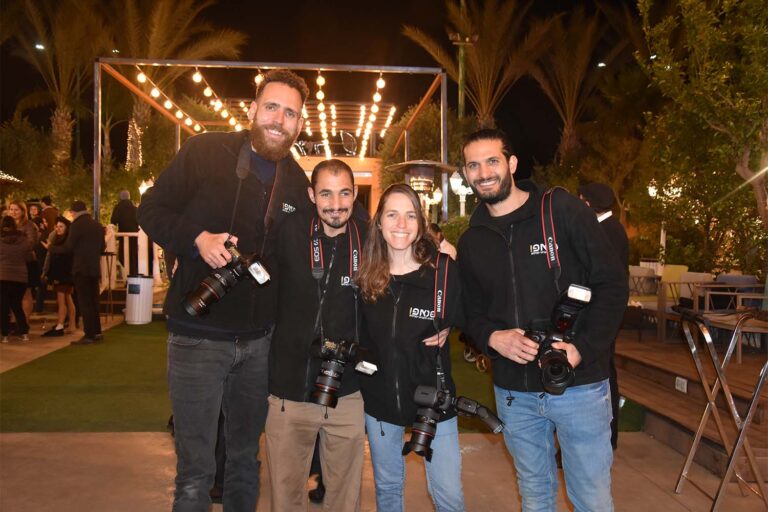
“Snap is first and foremost a photography team,” explained Toinberg, who is also an instructor at Snap. “But it is also a photography school where people with disabilities study the profession. So far, 13 graduates with varying disabilities have completed the training in three cycles, and now they are all integrated into our work at the company in all areas of photography.”
After completing their training, graduates are integrated as employees into the company.
“Snap is an equal-opportunity employer. We pay everyone equally, and we don’t discriminate against people just because they may have disabilities,” Toinberg said. “All of our workers receive their wages for each job they do, without any exception.”
“I discovered that I really like photography”
In addition to being a photographer, Lee (30) works in a café in Ashkelon that works with individuals struggling with mental health, a project run by the NGO Gvanim. It was at the café that Lee saw a flyer inviting participants to apply for Snap’s training program.
“All my life I’ve had a passion for photography," he said. "I applied and soon was accepted into the program. I discovered that I really enjoy photography, and I see for myself future employment in this field.”
Binyaminov (32), who is high-functioning with a cognitive disability, lives in an assisted home through the Ami NGO in Be’er Sheva that helps care for individuals with disabilities. In addition to working as a photographer, Binyaminov is also a storekeeper for the IDF.
“I was looking for interesting things to do,” he explained. “I stumbled upon the course and I went with it. I didn’t think it would become the primary thing I plan to continue to do in my life.”
“I really like photographing people. And at events [I work at] a lot of other photographers are there as well, so there is a lot of fun and laughter. I love the work and I have a lot of friends here,” Binyaminov continued.
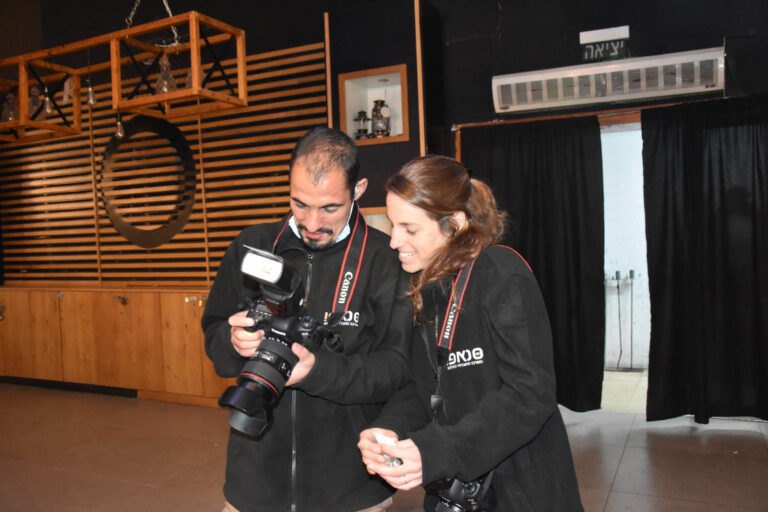
Lee manages a mental disorder that mostly manifests through anxiety and difficulties in social integration.
“Photography has helped me a lot with my mental health,” he said. “Both because of the Snap team and because there are other people who I work with that struggle that are like me. Photography itself helps me express myself.”
For his final project at the end of training, Lee chose to express depression through a physical perspective.
“I took a friend and photographed him as if he was drowning in a bathtub. I wanted to illustrate to people how depression actually feels – the suffocation and its grip on the soul. It’s as if you see the world from underwater and you can’t breathe.
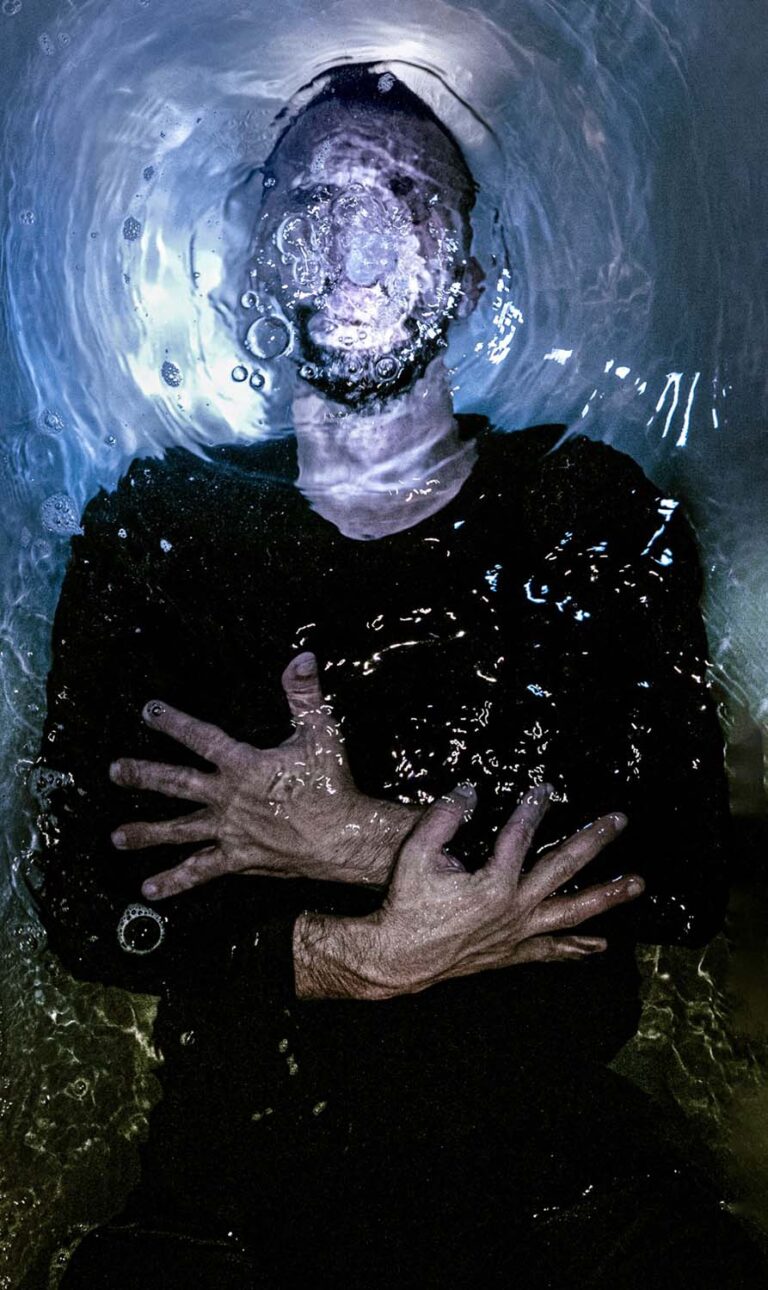
“If I had taken a different course that didn’t understand people with disabilities and didn’t give them an open space to express themselves, I don’t think I would have finished the course," Lee said. "Snap’s program gave me the ability to be myself, and that is such an amazing thing.”
Lee still works at the café and is waiting for supported employment, but prefers to work at Snap.
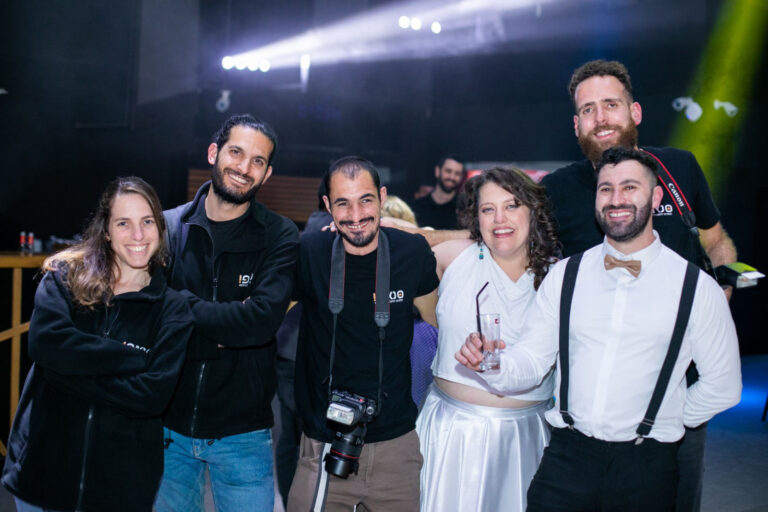
“We are paid much better here [than at the café or in supported employment]. Aside from that, it’s something I really love. I chose it, it’s a career for life and not just temporary work at a factory or a store,” he explained.
This is article was translated from Hebrew by Greg Dorfman.






